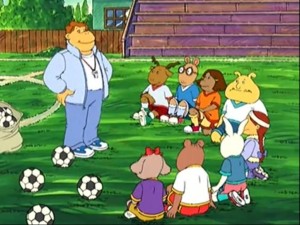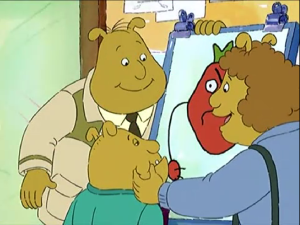by Jenna Hoffman
I was ready to move out of my parents’ house long before I actually did. By the time I was eighteen, my family was practically begging me to leave. My mom and I argued more often than not, my dad and I barely spoke, and my siblings were just nuisances to be tolerated.
When my mom dropped me off at my dorm the first day of freshman year, there was nothing in my heart but joy for my new found freedom. Although my parents only lived twenty minutes away, I can count on one hand the number of times I went home that year. I was having too much fun pulling pranks on the boys across the way and hosting spontaneous game nights with my new friends.
For the most part, this attitude continued through my sophomore year and into my junior year as well. As I had opportunities to live with and learn from a variety of people, I realized that everyone else seemed to have been raised much differently than I had. I started to make dangerous comparisons, comparisons which led to confusing thoughts and subsequent unfair accusations.
I was frustrated with the way I’d been raised. In my limited scope of life, I felt that I might have turned out better had my parents practiced “the right” parenting techniques. I might have been a better communicator and friend, a more competitive student and athlete. I might have had a stronger testimony of the gospel and a better grasp on the complexities of life.
According to my young and selfish self, everything I wasn’t and everything I didn’t have was my parents’ fault.
In the following months, I put my brain through a metaphorical meat processor in an attempt to figure myself out. I wanted to dig into the vaults of my upbringing and unearth the causes and effects of the person I had become. It was a long and emotionally painful process, punctuated by intense arguments with my parents and teary conversations with friends.
During one such conversation, a friend, who was a parent herself wisely told me, “I’ve learned that part of becoming an adult is accepting that your parents made mistakes, and forgiving them for it.” This piece of advice revealed two things to me: that everyone else had imperfect parents, just like I did; and that my parents were not just parents, they were people. I could not claim perfection, so why did I expect them to be able to?
This realization was the first step in accepting my parents for who they were rather than trying to change them into who I wanted them to be. Instead of blaming them for what I felt they’d done wrong, I took a deeper look into their own ideas and experiences, and I began to appreciate them for what they’d done right. And when I really took that time to evaluate my family in a fair and honest way, I discovered that although there were flaws, and grievances, and mistakes, at the core there was only pure and unadulterated love. And that is the way things are.












